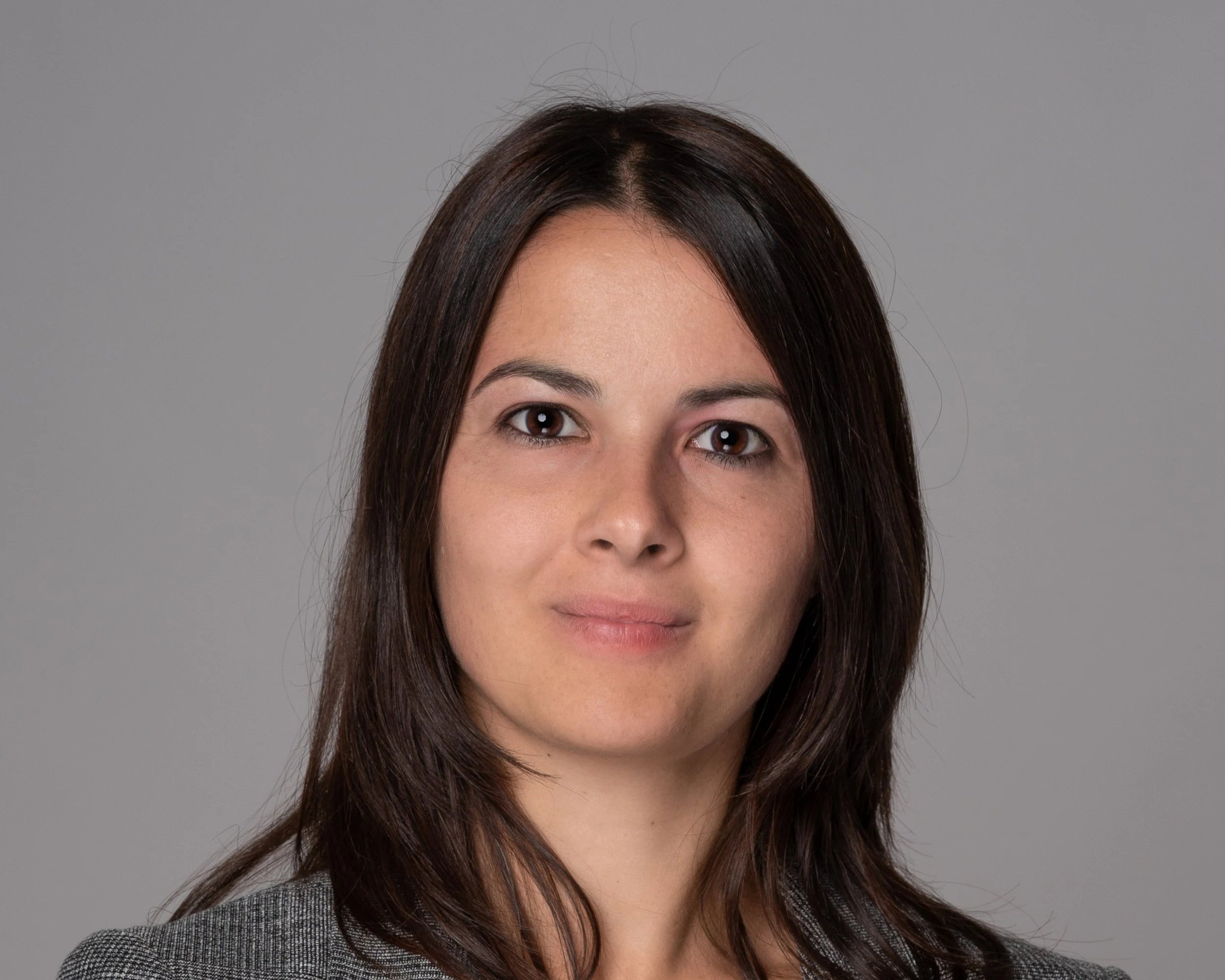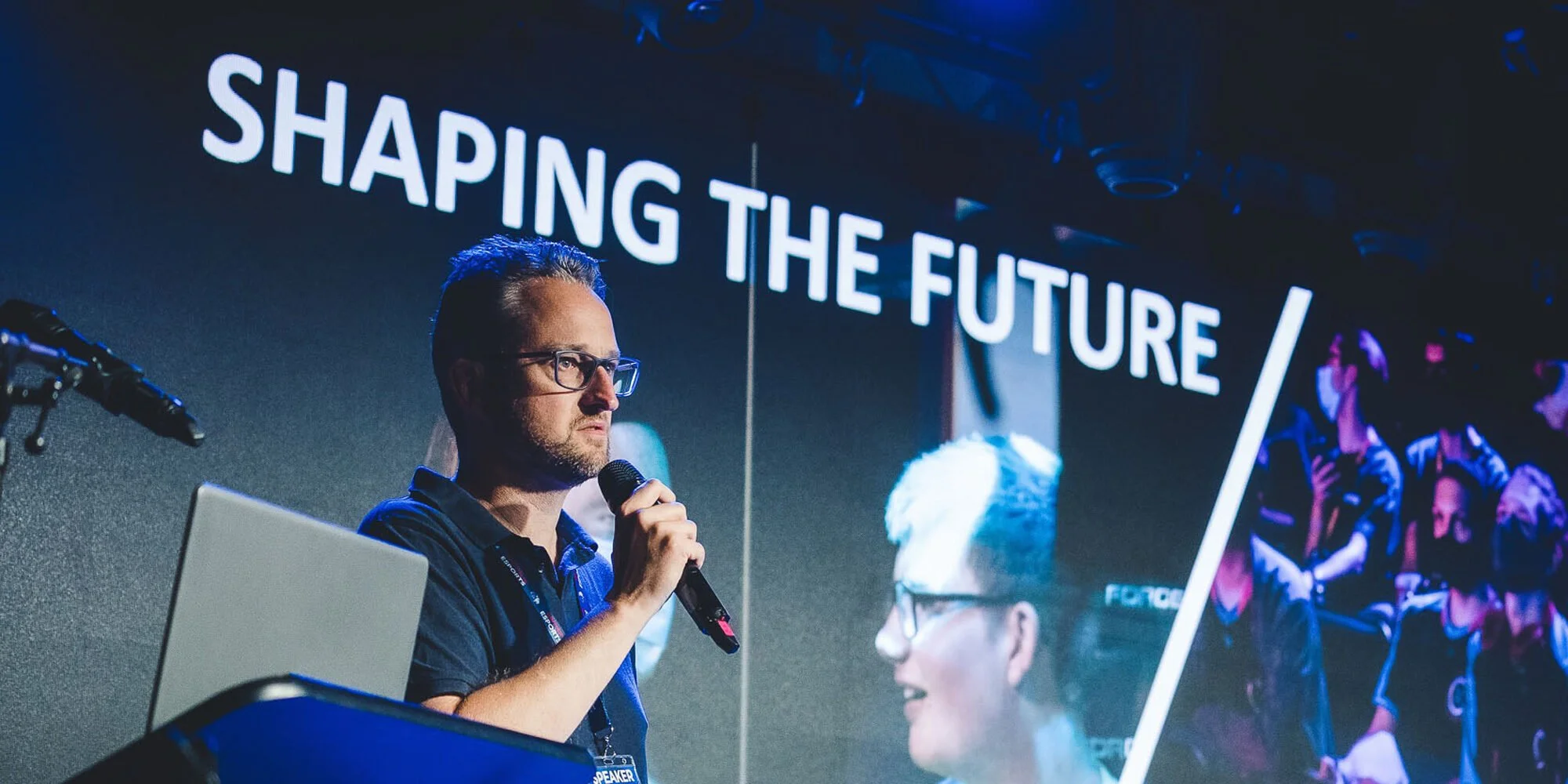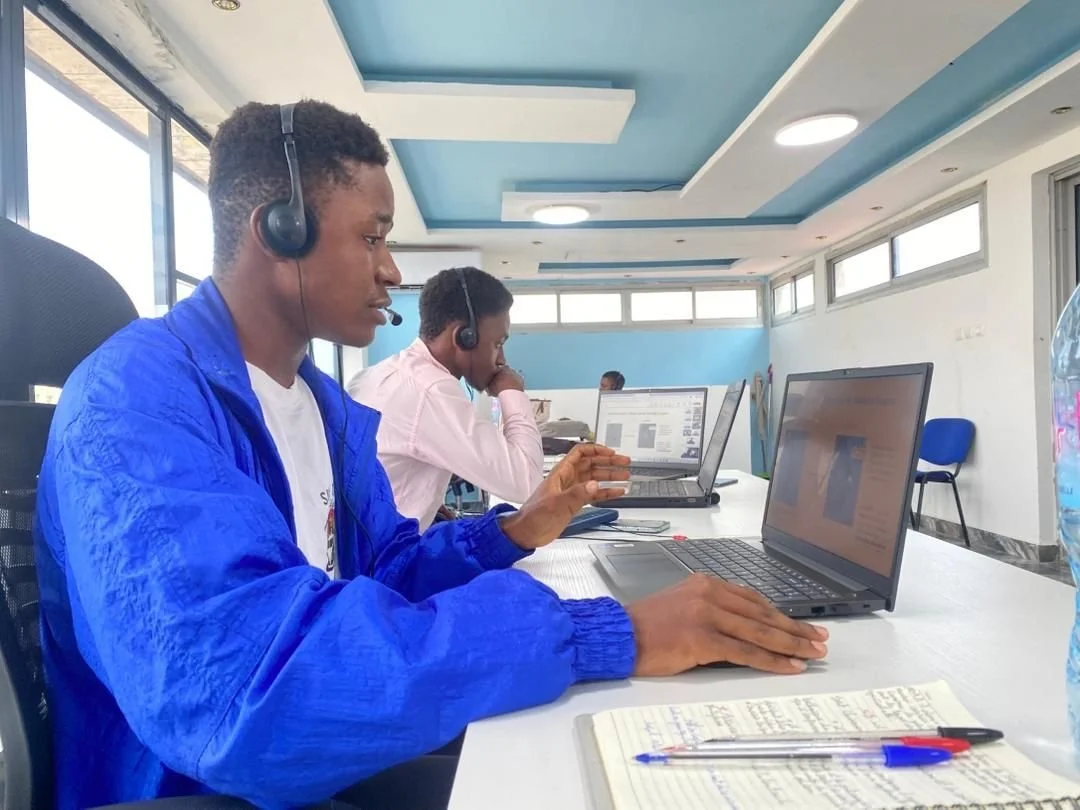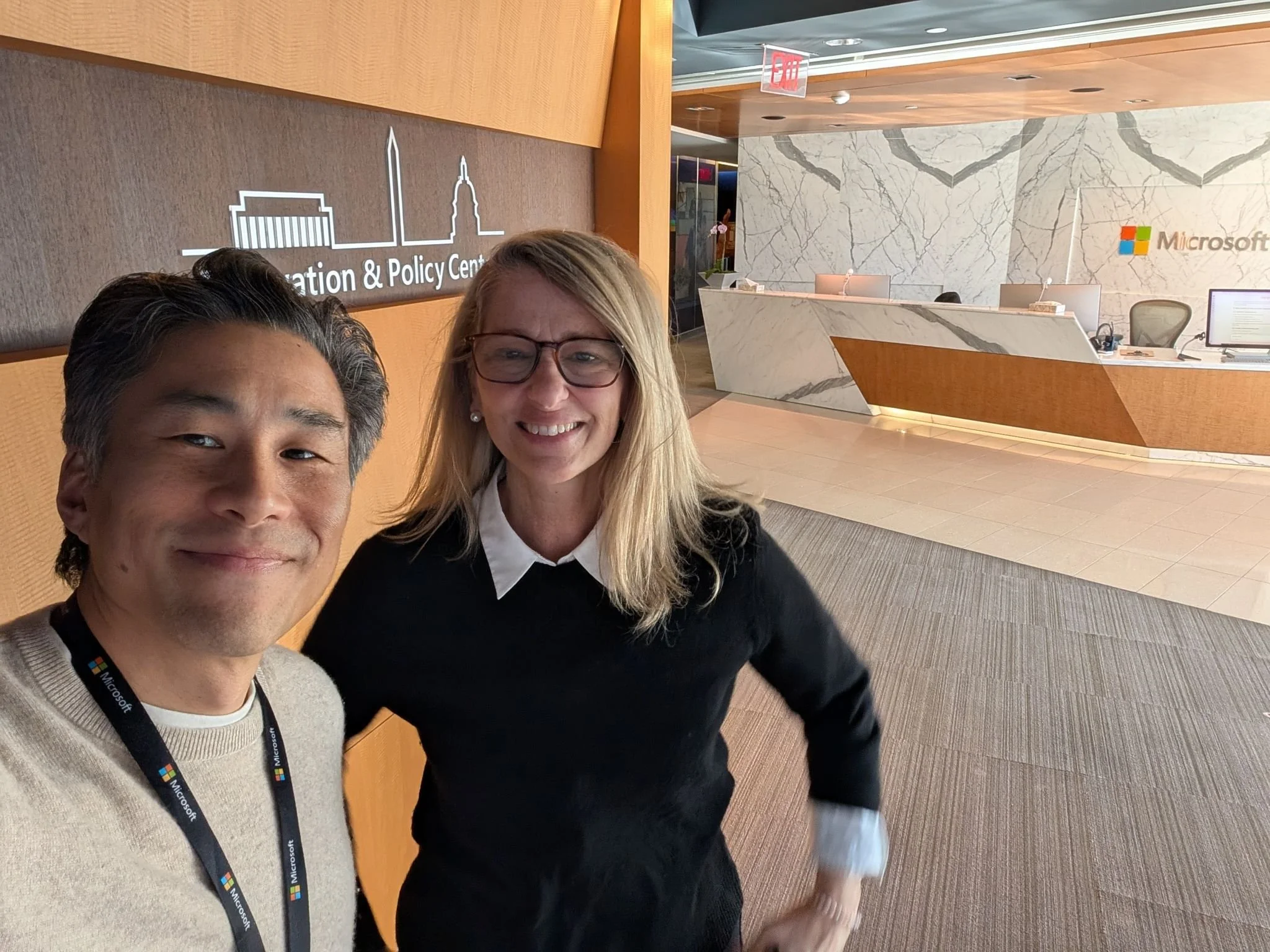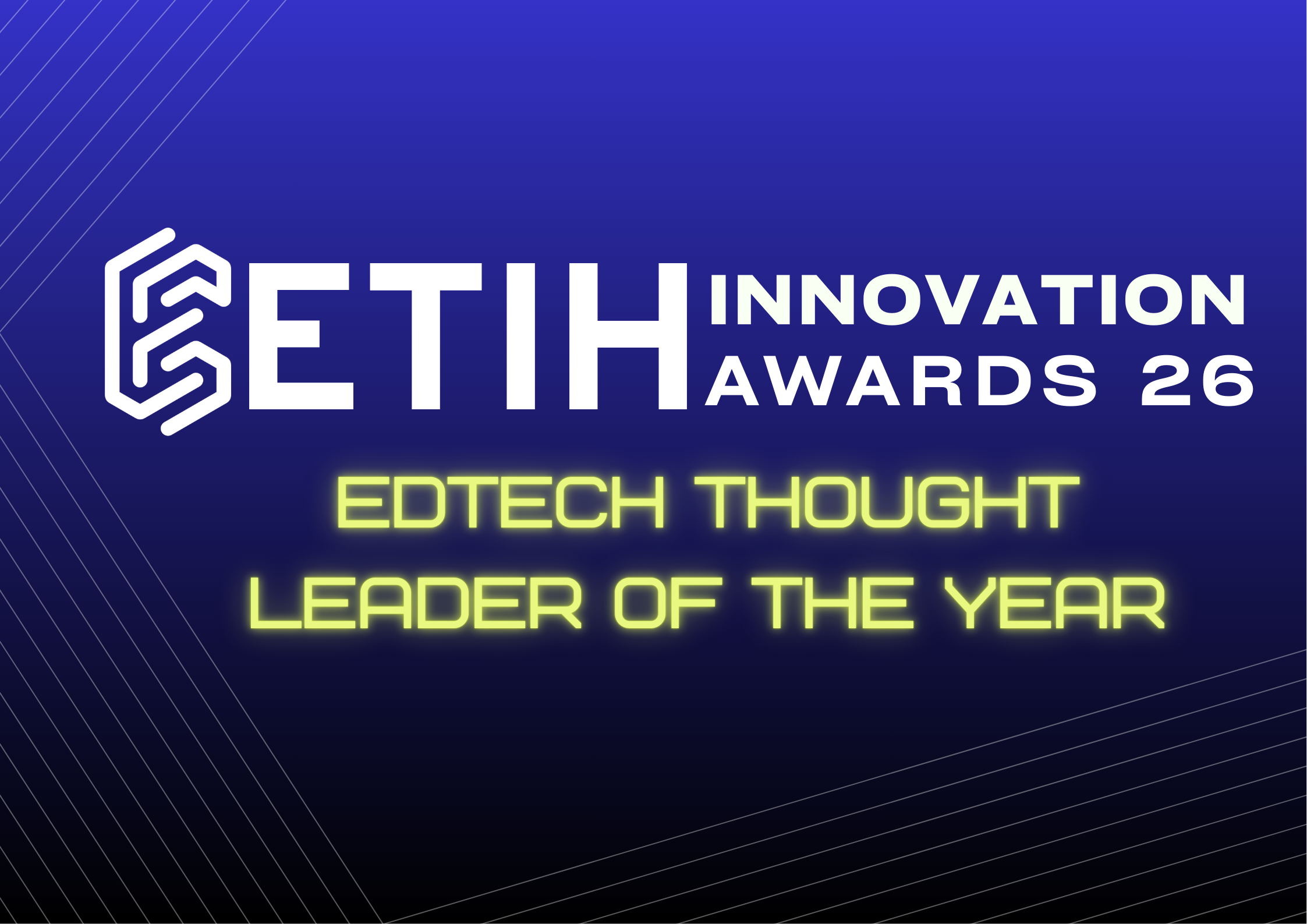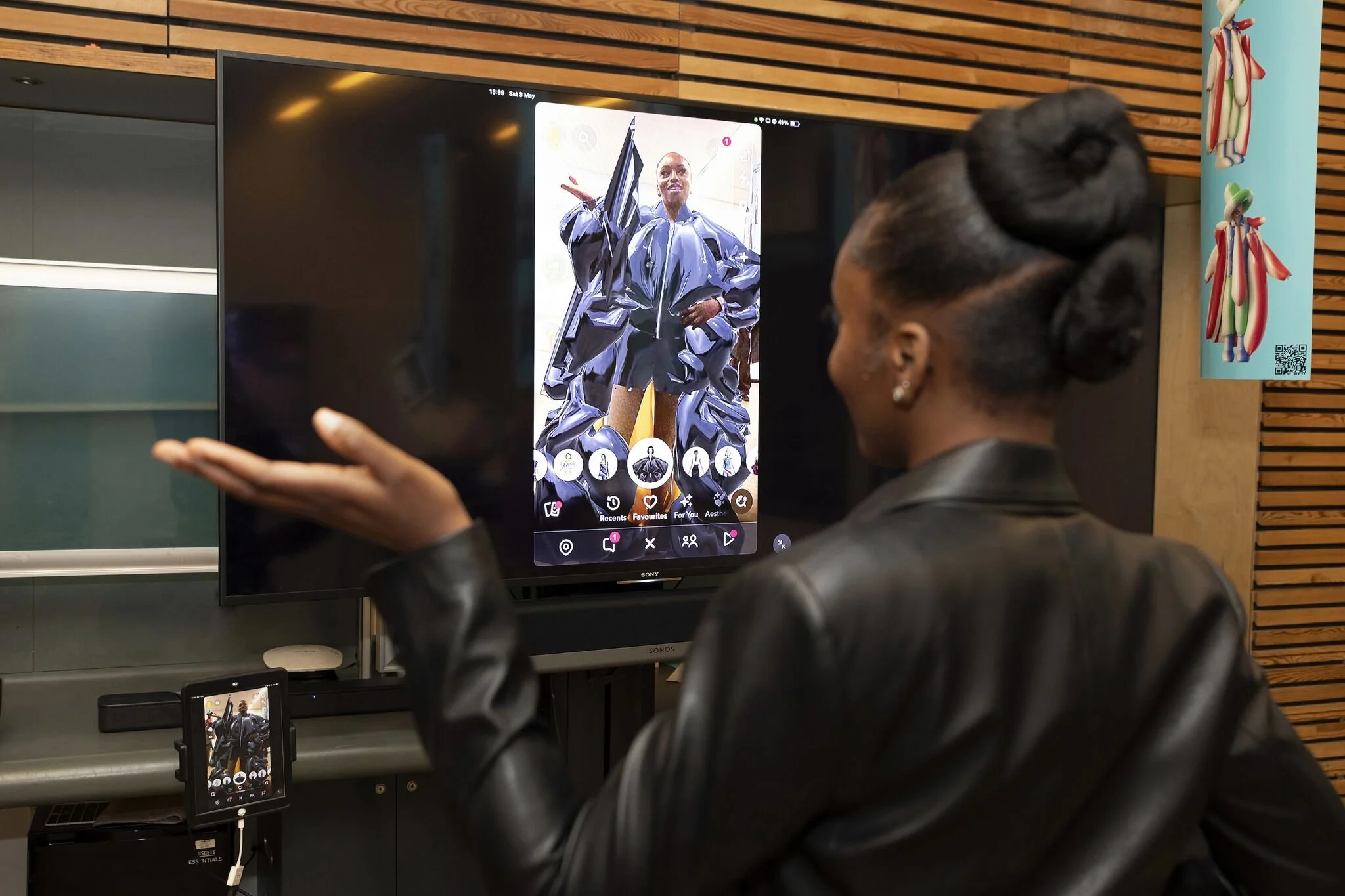Universities risk digital invisibility as AI tools like ChatGPT replace Google in student search behavior, report says
New report highlights how generative AI is transforming the student decision journey, with traditional SEO and paid search strategies losing relevance as prospective applicants increasingly rely on tools like ChatGPT over Google.
Everspring, a Chicago-based education technology and marketing company, has published a report detailing how artificial intelligence is disrupting the way prospective students search for academic programs online.
The 2025 AI Search Trends Report, based on more than 450,000 student search interactions across 60 academic programs, claims that tools like ChatGPT are increasingly replacing Google as the starting point for prospective students researching higher education options. As a result, the report suggests, traditional digital marketing strategies are becoming less effective.
“Search behavior has changed and universities are disappearing from view,” Beth Hollenberg, Chief Executive Officer of Everspring, says. “Effective marketing starts and ends with the human experience. Prospects are now using AI to get answers tailored to their specific needs. Universities that don’t respond to these changes will become invisible, while those who adapt have an opportunity to turn AI into a competitive advantage.”
AI results pushing down organic and paid visibility
Among the key findings, the report reveals that two-thirds of users now prefer AI tools over search engines. Nearly half of ChatGPT users are aged 18–24, which is more than double the share that uses Google. This shift is particularly significant for institutions targeting undergraduate audiences.
The report also indicates that Google’s AI-generated Overviews, which appear on most question-based search queries, are deprioritizing both organic and paid university listings. When Overviews are displayed, click-through rates to top-ranking school websites decline by 70 to 90 percent.
In addition, Everspring’s data shows that the cost of traditional search advertising is rising. Average cost-per-click for higher education terms has increased by 45 percent year over year, while performance has declined.
“Higher ed enrollment marketing teams have spent years optimizing for Google, but the rules of discovery have changed,” Michael Bell, Chief Marketing Officer of Everspring, comments. “If your programs don’t show up in AI results, your institution effectively disappears. It’s not just a marketing problem; it’s an existential threat.”



